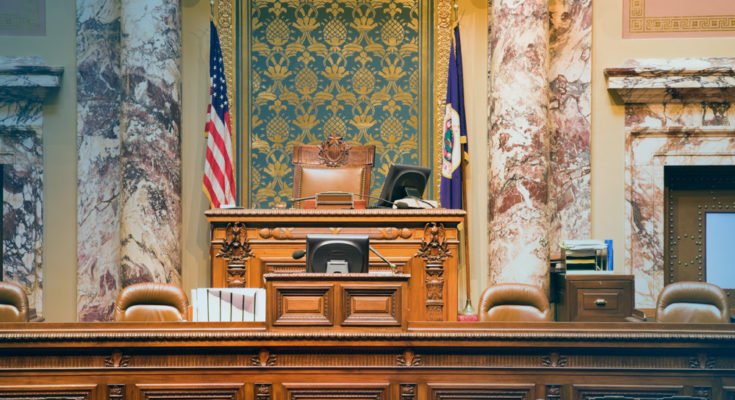Federal Reserve Chairwoman Janet Yellen acknowledged that economic growth has been “disappointing,†but also said it would be “unwise†to wait too long to raise interest rates given recent improvements to inflation and the overall economy.
“The economy has recovered more quickly, for example, than … European Union economies have in the aftermath of the crisis,†Yellen said in her second day of congressional testimony before the House of Financial Services Committee, on Wednesday. “The Federal Reserve has put in place highly accommodative monetary policies meant to spur spending in the economy and restore low unemployment or to achieve the goal of maximizing employment and price stability as assigned to us by Congress.â€[1]
However, just one day earlier, the Fed Chair told Congress it would be “unwise†to keep rates low for too long, given the recent pick up in economic growth and inflation. According to analysts, this leaves the door open to a rate hike as soon as March, when the Federal Open Market Committee (FOMC) gathers for its second meeting of the year.[2]

It’s starting to look like traders aren’t putting much faith in the possibility of liftoff next month. The likelihood of a March rate hike is currently at less than 27% according to the CME Fed Fund futures prices, which have long been used to gauge the market’s views on U.S. monetary policy. That likelihood jumps to around 52% in May and 74% in June.
Prior to Yellen’s testimony this week, traders had pegged June 13-14 as the meeting most likely to produce the next rate hike. Since the end of the financial crisis, the central bank has raised interest rates only twice.
Yellen’s view that the economy is improving was vindicated on Wednesday after the Labor Department said consumer inflation soared to nearly four-year highs in January. The consumer price index (CPI) rose 2.5% in the 12 months through January, edging out forecasts calling for 2.4%. The U.S. central bank targets inflation at 2%, but relies on another measure to track it.

